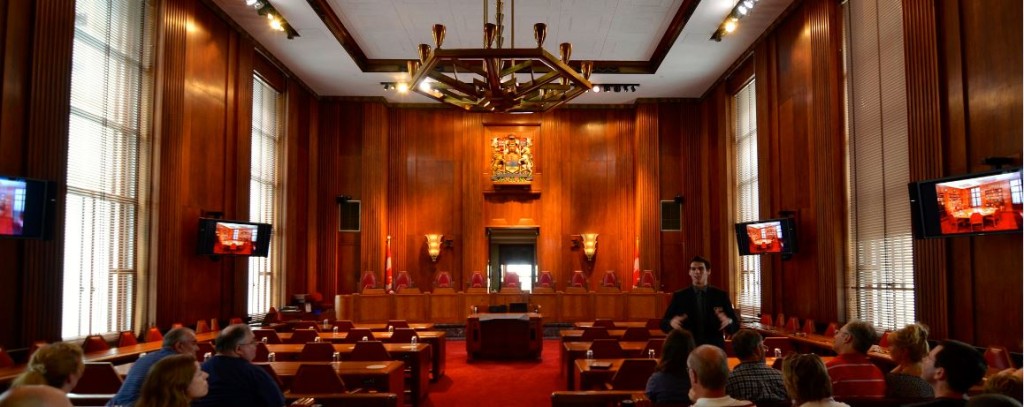Jury Awards Client Over 3 Million Dollars After ICBC Offered Only $225,000
Posted on by Mussio Goodman
On February 1, 2025, after a two week trial and two days of jury deliberations, the jury returned a verdict in overwhelming favour of our client following a November 2019 car accident.
Our client had a long history of working full time in retail – often working 12-hour shifts five or six days a week. In 2018 our client left her retail job to find something new and meaningful. She found a position at a spa which seemed like the perfect fit – however, full time hours were not available right away. Rather than pass up the great opportunity, our client started part time while the spa owner started training her to take on a full-time management position.
Unfortunately, due to her injuries, our client was not able to return to work and realize these plans. Because she happened to be working part time when she was injured, ICBC argued that she would never have returned to full time work if the accident had not occurred. Because ICBC refused to make a reasonable settlement offer that accounted for her plans to return to full time hours, our client was forced to trial.
During trial, ICBC made a point of spending hours showing the jury our client’s social media posts – our client had not made her social media private as she had nothing to hide. ICBC argued that because she could smile on camera and sell homemade crafts at a market for a few hours a month that she was capable of returning to work.
Clearly, the jury disagreed. The jury awarded our client almost everything she claimed for and over 2 million dollars for her pain and suffering. In Canada, neither judges nor lawyers are allowed to suggest an award for pain and suffering – the court relies on the jury to reflect community standards. This is different from a trial by judge alone where the lawyers can cite similar cases and argue an appropriate dollar figure.
What the jury did not know is that in Canada there is a cap of about $450,000 for pain and suffering. After their initial verdict, the judge gave the jury a special instruction about this cap and explained to them that $450,000 would reflect catastrophic injuries like paraplegia. After late night deliberations, the jury ended up awarding $175,000 for pain and suffering.
All in all, the total award was about $1.3 million for pain and suffering, past and future wage loss, future care, and loss of housekeeping capacity. ICBC’s offers before trial were $115,000, $175,000, then $225,000.
This verdict comes only a few months after Mussio Goodman’s last jury trial in which our client similarly quadrupled ICBC’s last offer at trial.




